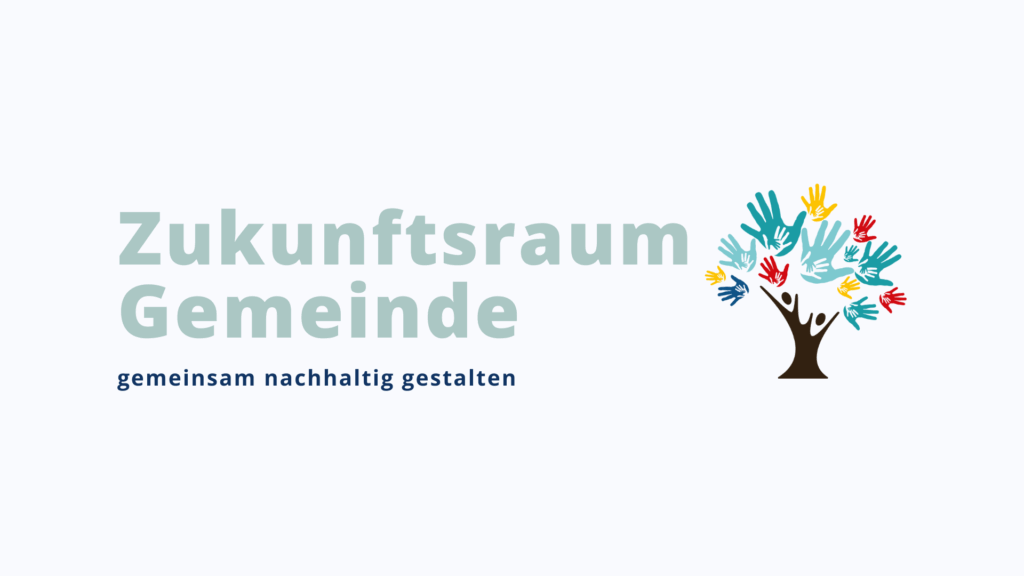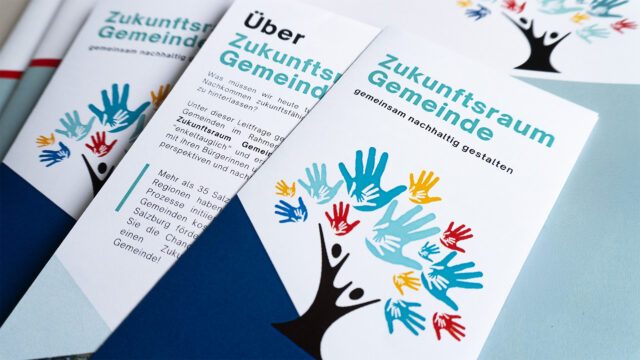Future space municipality
What do we need to do today so that our descendants can also live well in our municipality? What does it take to ensure that our municipality remains worth living in? Salzburg’s municipalities are shaping their future ‘fit for grandchildren’ under these guiding questions as part of the Zukunftsraum Gemeinde programme. In structured participation processes, municipalities work together with citizens to develop future prospects and sustainable project ideas. The SIR provides support and guidance, and funding for municipalities is available from the state of Salzburg.
Those who live there know best what it takes to ensure that a living space remains sustainable. That is why the ‘Zukunftsraum Gemeinde’ programme focuses on the citizens. We support local people in clearly defined processes to plan the future of their municipality together. This results in solutions that are supported by everyone and strengthens local democracy.
In doing so, we focus on sustainable development that meets the needs of today’s society without compromising the opportunities of future generations. This encompasses all areas – economic, environmental, social and cultural – without forgetting that we are all part of a larger global whole.
The programme comprises five main areas of support (modules), including three basic modules and two advanced modules. In this way, we enable participation processes that are individually tailored to the municipality. Municipalities can apply for funding from the province of Salzburg for their participation process.
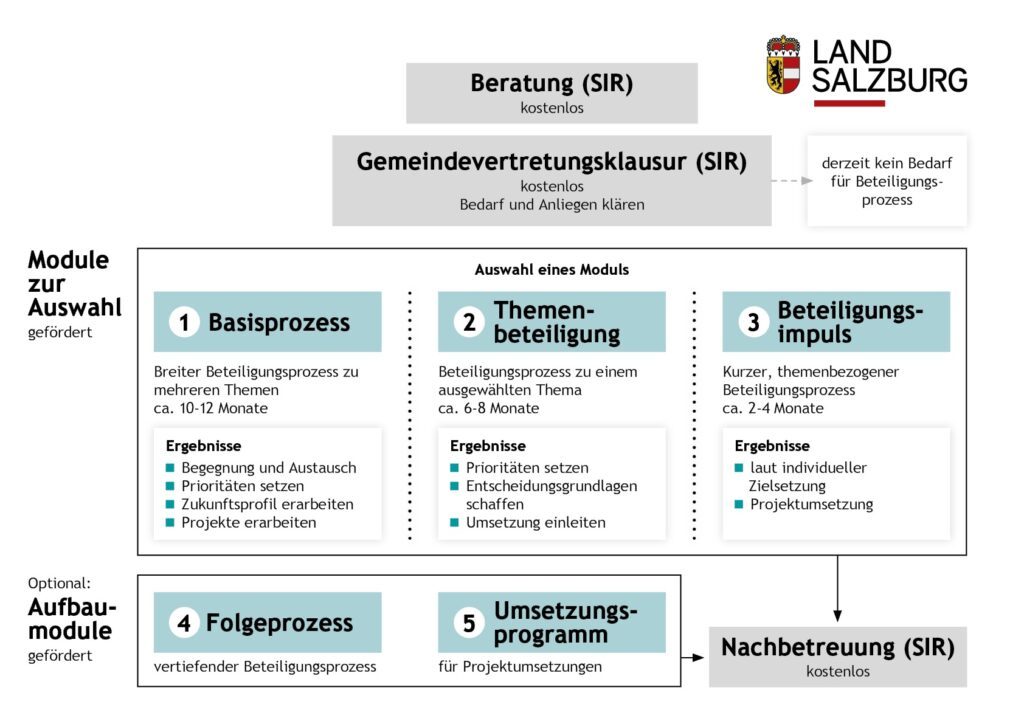
You can find the entire funding guidelines for the Zukunftsraum Gemeinde programme in our downloads.
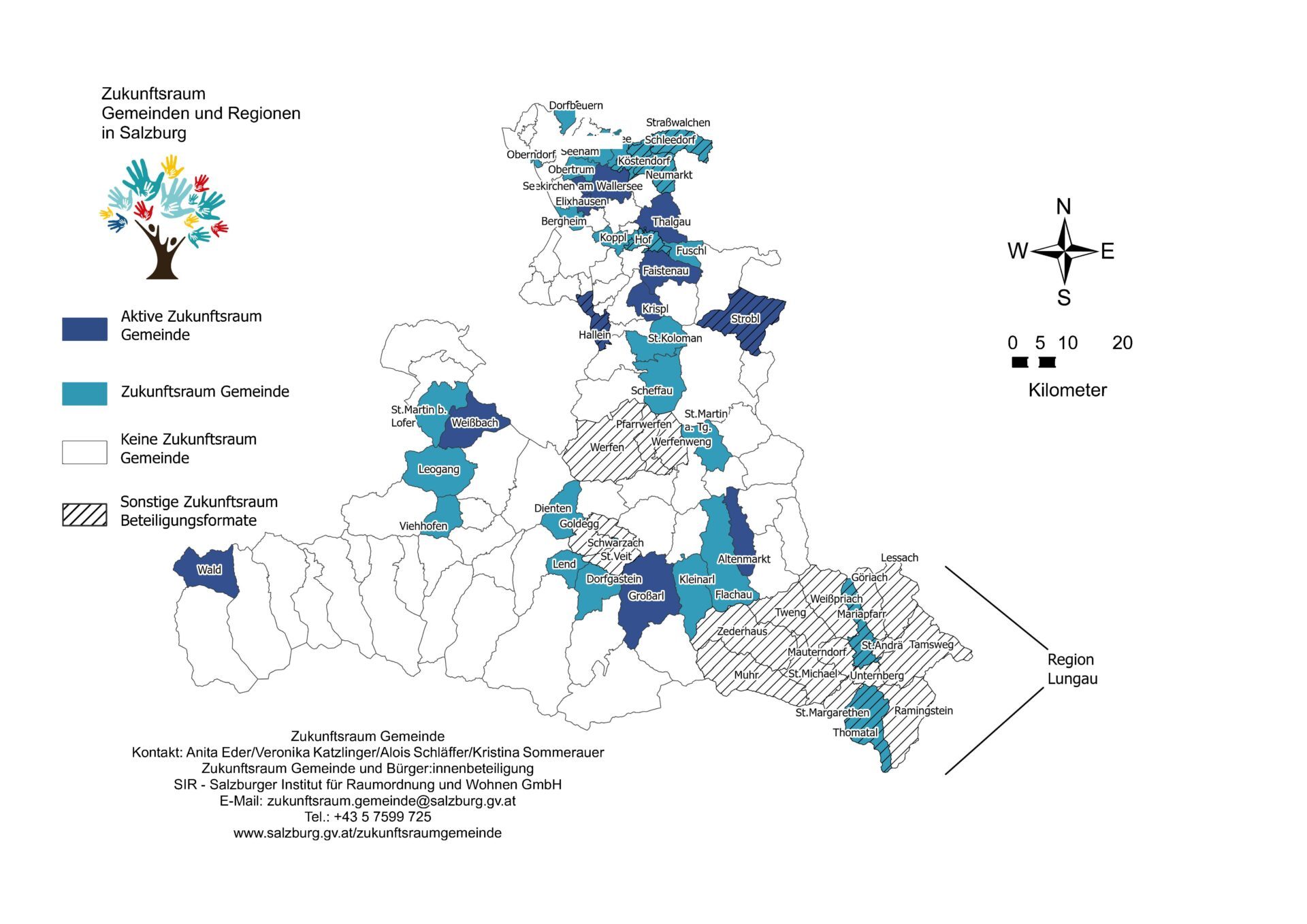
The following Future Space municipalities are currently active in processes:
Altenmarkt: Implementation programme
Under the motto ‘Agriculture comes to school’, the municipality, together with the local farming community, enables compulsory school pupils to come into contact with agriculture and food production. An age-appropriate and lively programme for primary and secondary school pupils covers topics such as regionality, purchasing behaviour and food waste.
Elixhausen: Basic process
Elixhausen started in October 2024 with a basic process for broad citizen participation. Over the course of the process, the municipality worked with its citizens to develop a future profile and implement sustainable project ideas.
Process support:
Faistenau: Follow-up process
In the follow-up process ‘School as a working, living and learning environment’, the municipality is working together with the target groups to make Faistenau (sports) secondary school fit for the requirements of the school of the future. This means creating a good learning and working environment for both teachers and pupils.
Process support:
Großarl: Basic process
Großarl started in February 2025 with a basic process for broad citizen participation. Over the course of the process, the municipality worked with its citizens to develop a future profile and implement sustainable project ideas.
Process support:
Hallein: Topic participation
The city of Hallein is involving its citizens in the sustainable further development of the Forstgarten as a consumer-free and barrier-free recreational space. Experts in near-natural and climate-friendly green space design support the participation process so that the Forstgarten can be opened up to the general public in the course of 2025.
Process support:
Krispl: Basic process
Krispl started in November 2024 with a basic process for broad citizen participation. Over the course of the process, the municipality worked with its citizens to develop a future profile and implement sustainable project ideas.
Process support:
Seekirchen am Wallersee: Participation impulse
In a compact participation process with a citizens’ council, the municipality works with citizens and relevant stakeholders to develop ideas and visions on the question: “How can the town centre be made more attractive?”. An implementation budget will support steps to realise these ideas.
Process support:
Strobl: Topic participation
Under the motto ‘Needs- and future-orientated housing’, the municipality is creating the basis for sustainable housing in Strobl through an in-depth survey of housing needs. Experts from housing research at the SIR support the process by raising awareness and sensitising people to soil sealing, economical soil consumption and housing suitable for grandchildren.
Thalgau: Follow-up process
In the ‘KUBIQ association – consolidation, anchoring in the population’ process, the municipality is working with community management and citizens to further develop the KUBIQ association. This is the basis for the sustainable revitalisation of the site of the old district court as the KUBIQ cultural and educational quarter.
Process support:
Thalgau: Topic participation
Under the motto ‘Needs- and future-orientated housing’, the municipality is creating the basis for sustainable housing in Thalgau through an in-depth survey of housing needs. Experts from housing research at the SIR support the process by raising awareness and sensitising people to soil sealing, economical soil consumption and housing suitable for grandchildren.
Process support:
Wald im Pinzgau: Basic process
Wald started in May 2025 with a basic process for broad citizen participation. Over the course of the process, the municipality worked with its citizens to develop a future profile and implement sustainable project ideas.
Process support:
Diana Schmiderer
Weißbach near Lofer: Basic process
Weißbach started in October 2024 with a basic process for broad citizen participation. Over the course of the process, the municipality worked with its citizens to develop a future profile and implement sustainable project ideas.
Process support:
All Future Space municipalities
Since 2003, the following municipalities and regions have organised citizen participation formats and are part of our network:
Flachgau
Bergheim, Dorfbeuern, Fuschl, Hof bei Salzburg, Koppl, Köstendorf, Mattsee, Neumarkt am Wallersee, Obertrum, Plusregion (Zusammenschluss: Straßwalchen, Neumarkt am Wallersee, Köstendorf), Schleedorf, Seeham and Straßwalchen
Tennengau
Hallein, Scheffau and St. Koloman
Pinzgau
Leogang, St. Martin bei Lofer and Viehhofen
Pongau
Dienten am Hochkönig, Dorfgastein, Flachau, Goldegg, Kleinarl, Lend-Embach, Pfarrwerfen – Werfen – Werfenweng, Schwarzach im Pongau and St. Veit im Pongau
Lungau
Mariapfarr, Region Lungau, St. Martin am Tennengebirge and Thomatal
Note: Until 2024, the municipality of the future was called Agenda 21.
A wide variety of project ideas emerge from participation processes and are realised in different forms. Here is a selection of examples:
Building culture guidelines St. Martin bei Lofer
In a follow-up process involving its citizens, the municipality of St.Martin b.L. developed building culture guidelines – citizens were able to influence the traditional work of the municipality and the structural design of their community through their involvement. Thanks to the guidelines, construction processes are transparent and the decisions of the authority are well accepted.
E-Mobiles Leogang
The municipality of Leogang developed the ‘Leogang becomes gently mobile’ project with the help of implementation funding. This resulted in an e-car sharing initiative – the LEO-mobil. The car and two buses have been popular with Leogang residents since 2019.
For a good ‘together’ in St. Martin bei Lofer
The municipality of St. Martin b.L. took up the idea of a social platform from the future profile. In the follow-up process ‘We live together, we need each other’, it developed this idea further together with its citizens. In the end, the ‘Mitanond’ association was founded. The association focuses on voluntary social support services, e.g. for shopping trips or trips to the doctor, as well as visits.
Climate-fit Dienten
In a follow-up process, work was carried out on a climate and energy strategy for the municipality in order to create a basis for sustainable decisions together with the citizens. An analysis of the status quo, targeted public relations work and concrete measures (e.g. the establishment of a renewable energy community, EEG) were part of the project. The municipality of Dienten then received support from the SIR on the question of ‘How can we as a municipality cover our energy consumption as independently as possible with renewable energy sources?’ in a LEADER project initiated as part of the follow-up process.
Car boot flea market Koppl
During the participation process in the municipality of Koppl, a group of citizens came together to revitalise the town with events. One idea quickly realised by this project group was a car boot flea market. This will continue to take place in the future.
Loigom hoit zom
In Leogang, the participation process led to the founding of the aid and social organisation ‘Loigom hoit zom’. Since 2018, the association has been offering voluntary support, quickly and unbureaucratically, both in everyday life and in emergency situations. Donations and support from the municipality put the organisation’s work on a stable footing. The association can now work in its own building (Lebensraum Leogang) and contributes to a lively Leogang with events such as an Advent market.
Network Taugl
The participation process in St. Koloman was the impetus and platform for a network of local businesses. The Network Taugl has the vision of creating a shared awareness of the valuable potential in the Taugl. Part of the realisation of this vision is the development of the ‘Taugl’ brand with associated logo, as well as a company and service guide, the ‘Taugl Kompass’.
Outdoorparc Mariapfarr
The Outdoorparc was created as part of a participatory process in the municipality of Mariapfarr. A derelict pond was remodelled thanks to LEADER funding. The Outdoorparc is an interesting offer for the entire region, for school groups from the youth hostel as well as for corporate team-building programmes. The Outdoorparc has since been extended twice.
Taugler Körberl
Since the closure of the ADEG supermarket and the warehouse, local supply has been a challenge for the residents of St. Koloman. A dedicated project group developed the idea of a FoodCoop together with the Taugl farmers. The people of Taugl can buy regional food and products, e.g. natural cosmetics, directly from local farmers via the ‘Taugler Körberl’.
TeTaRe - Share, swap, repair in Thalgau
Avoiding waste, conserving resources and saving money at the same time – that was the motivation behind the TeTaRe (TEilen TAuschen REparieren) project group in Thalgau. In repair cafés, volunteer experts and volunteers repair items and provide assistance in repairing them themselves. The ‘Fundgrube’ in the old Unterdorf fire station is a place where functional items can be passed on. In this way, old favourites are not only given a new lease of life – TeTaRe is also a marketplace for the exchange of talents and skills and a living example of neighbourly help.
Places to stay in Neumarkt am Wallersee
An implementation grant enabled a group of young people to build new seating for Neumarkt with the support of the building yard under the motto ‘We create places to linger’. These were created during three workshop afternoons as part of the holiday programme. The seating will be installed in the town centre and local recreation areas from spring, whether at playgrounds, by the Wallersee lake or along popular walking paths.
Weitblick.Landwirtschaft for Thalgau
The aim of the Weitblick.Landwirtschaft project was to support Thalgau farmers in establishing new joint distribution channels and exploring innovative avenues through collaboration. Proximity between consumers and producers strengthens awareness and appreciation of local agriculture and regional food. The grocer in Thalgau, Lisa Frenkenberger, now offers regional products in cooperation with the farmers in her shop, but also as ‘Thalgauer Kisterl’.
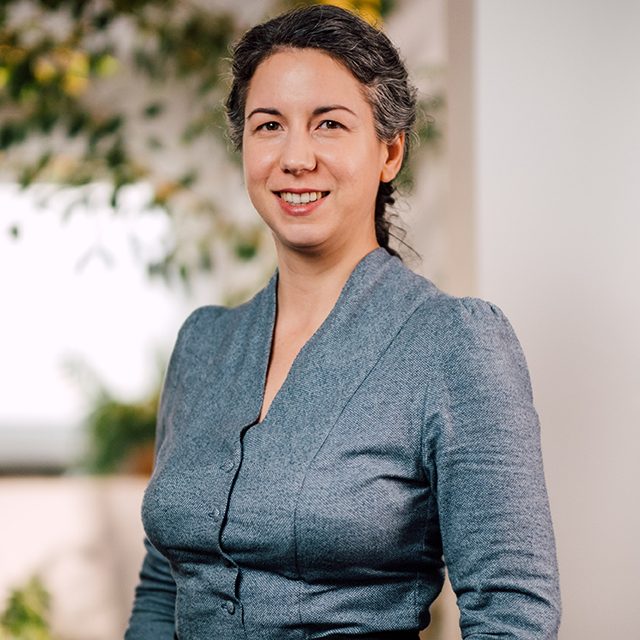
DI Veronika Katzlinger
Future space municipality
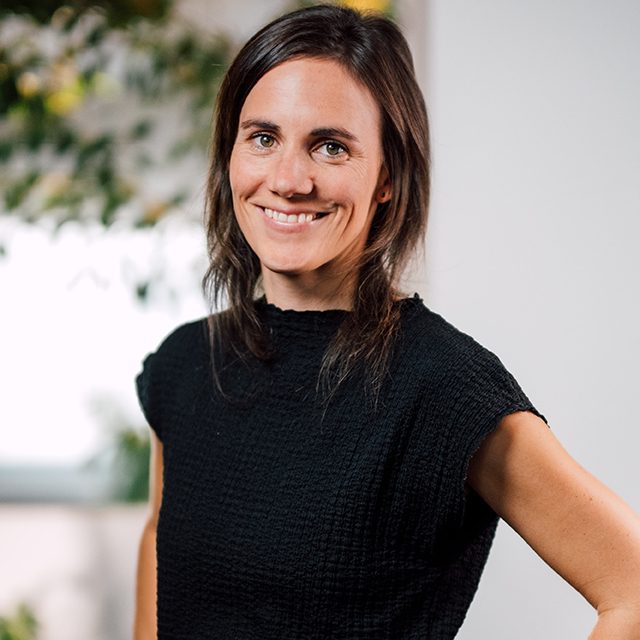
Anita Eder, BA
Future space municipality
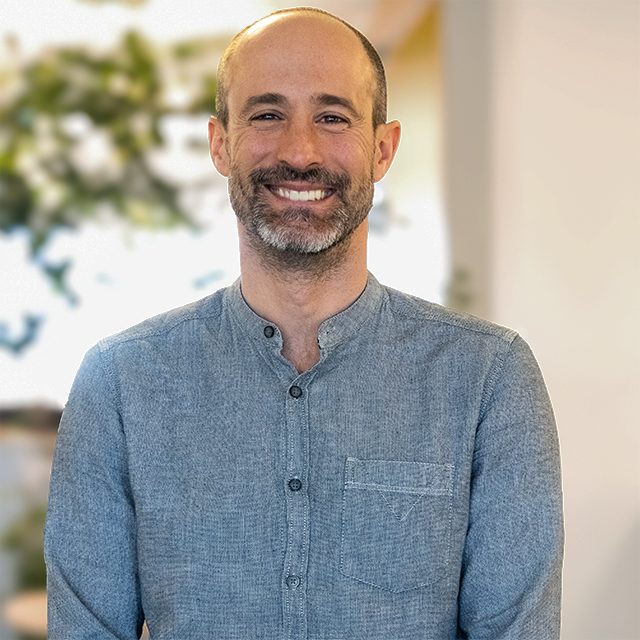
Mag. Alois Schläffer, MSc
Future space municipality
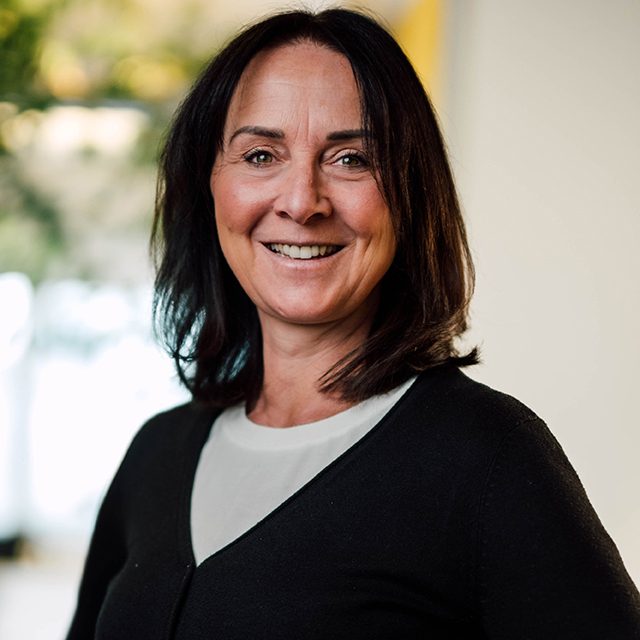
Kristina Sommerauer, MSc
Future space municipality
